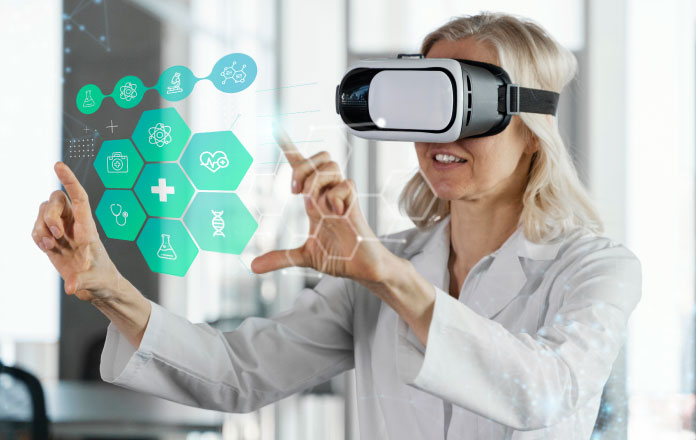Health systems are evolving through the governments, and integrated technologies are being adopted to enhance patient diagnosis outcomes. Clinical laboratories are central to this evolution and experience shifting issues like determining how to achieve increased efficiency and sustaining costs to guarantee longevity.
The Medical Data Explosion
The increased prevalence of chronic diseases, including cardiovascular diseases, has heightened the demand for preventive health, enhancing the variety of laboratory tests. Over the past few years, with the help of connected objects such as smart objects, wearables, and POC technologies, medical data has been continuously growing and doubling every three years. This information is better managed and analyzed by the use of Advanced Laboratory Information Systems (LIS). Accurate LIS can compile test results, and results can assist clinicians in making proper decisions on the next course of action or can notify clinicians of abnormal results, therefore minimizing errors in diagnosis.
Mobile Applications
The patient now expects more control in accessing information, which enhances health literacy. Medical apps allow actual test results, correspondence with laboratories and physicians, and optimization of lab-related activities. These app combinations make implementation robust data flow and timely samples, helping patients and medical professionals in LIS.
Cloud Solutions
The SaaS-based cloud LIS model provides labs with affordable, expansive, and protected solutions. SaaS is also different from the older rigid systems because, while it does not require lab managers to invest sizable amounts of money upfront, they benefit from easy customization for growth, infrastructure management, and better connections—all critical for contemporary laboratory environments.
Automation
The use of improved automation technology decreases the effect of human interference and enhances causality within the laboratory. Automating repetitive activities opens up opportunities for productivity improvement, better decision-making, and organizational teamwork within labs.
All these trends sum up innovativeness, making clinical labs crucial pillars of contemporary health systems.




